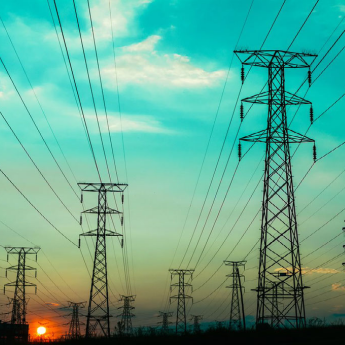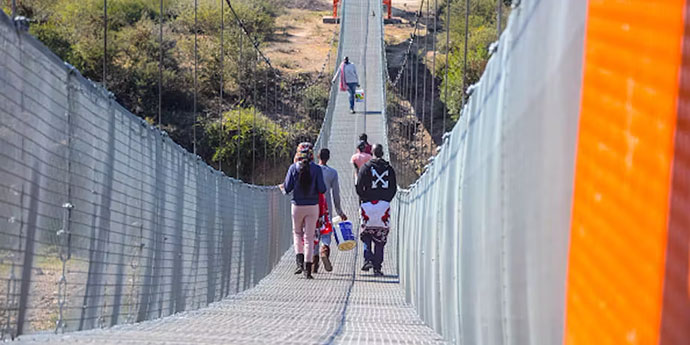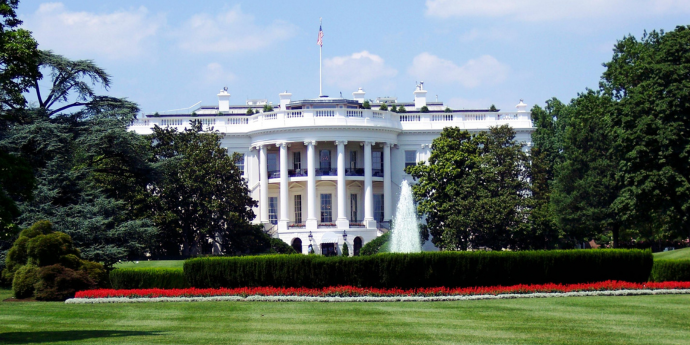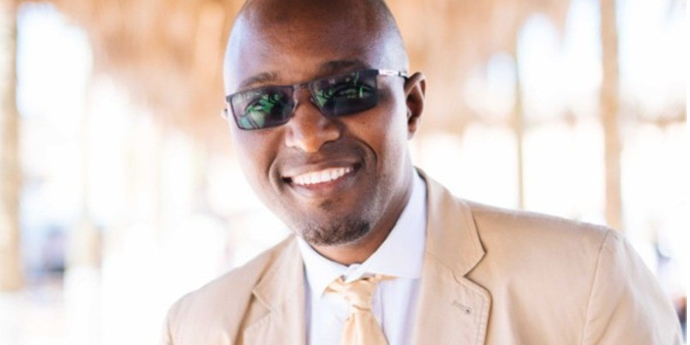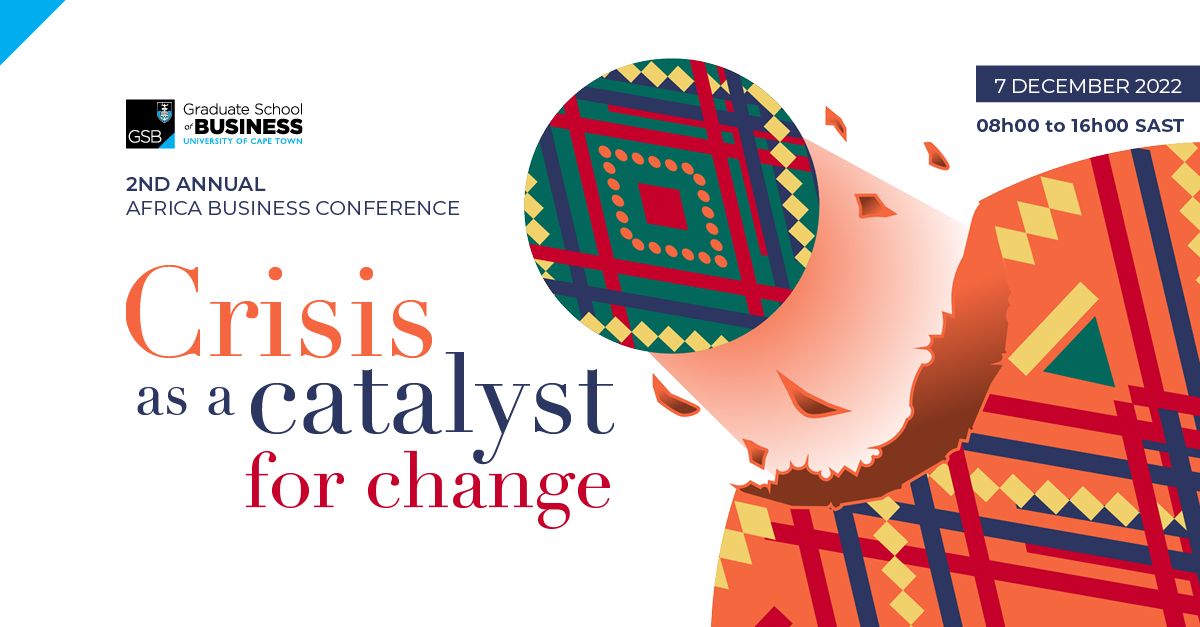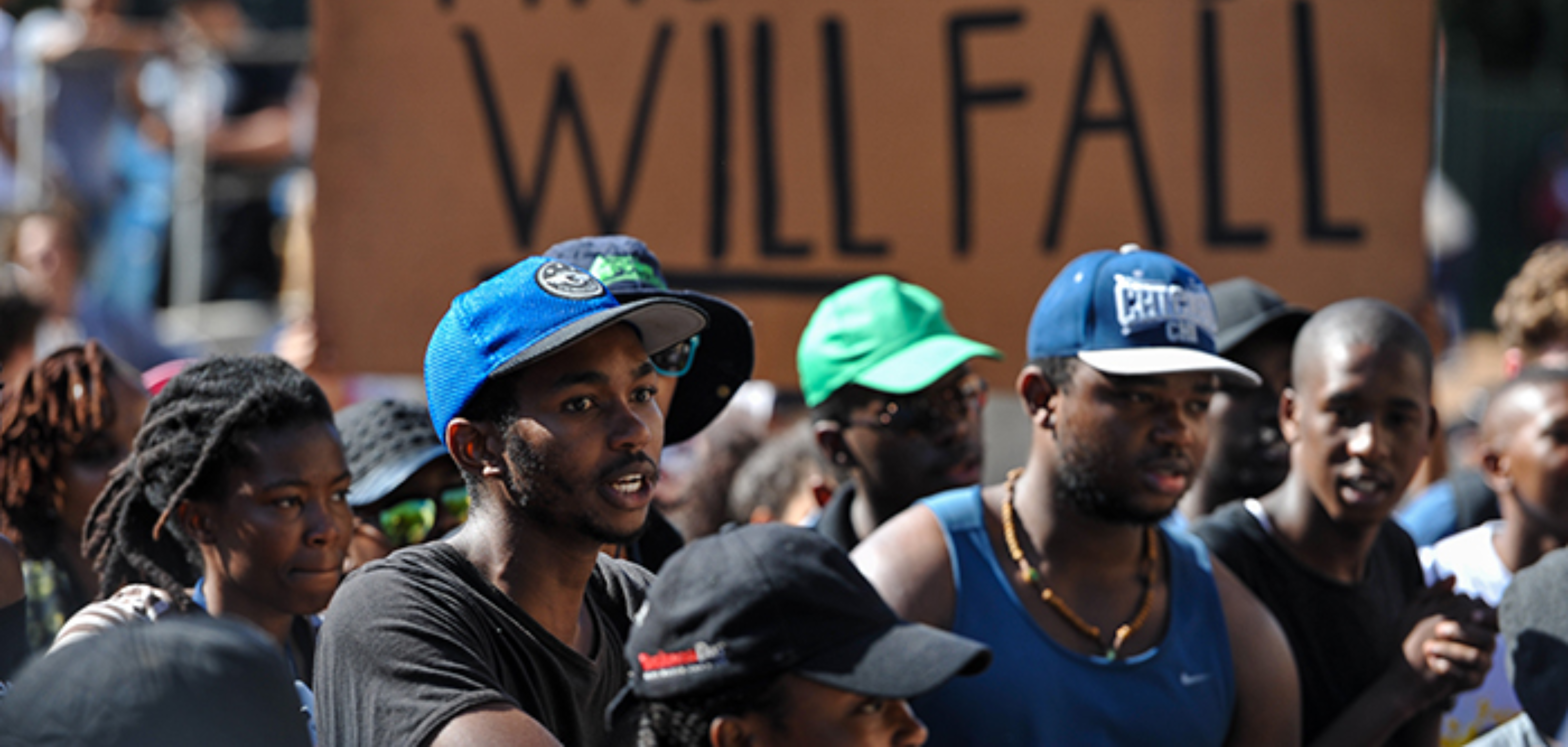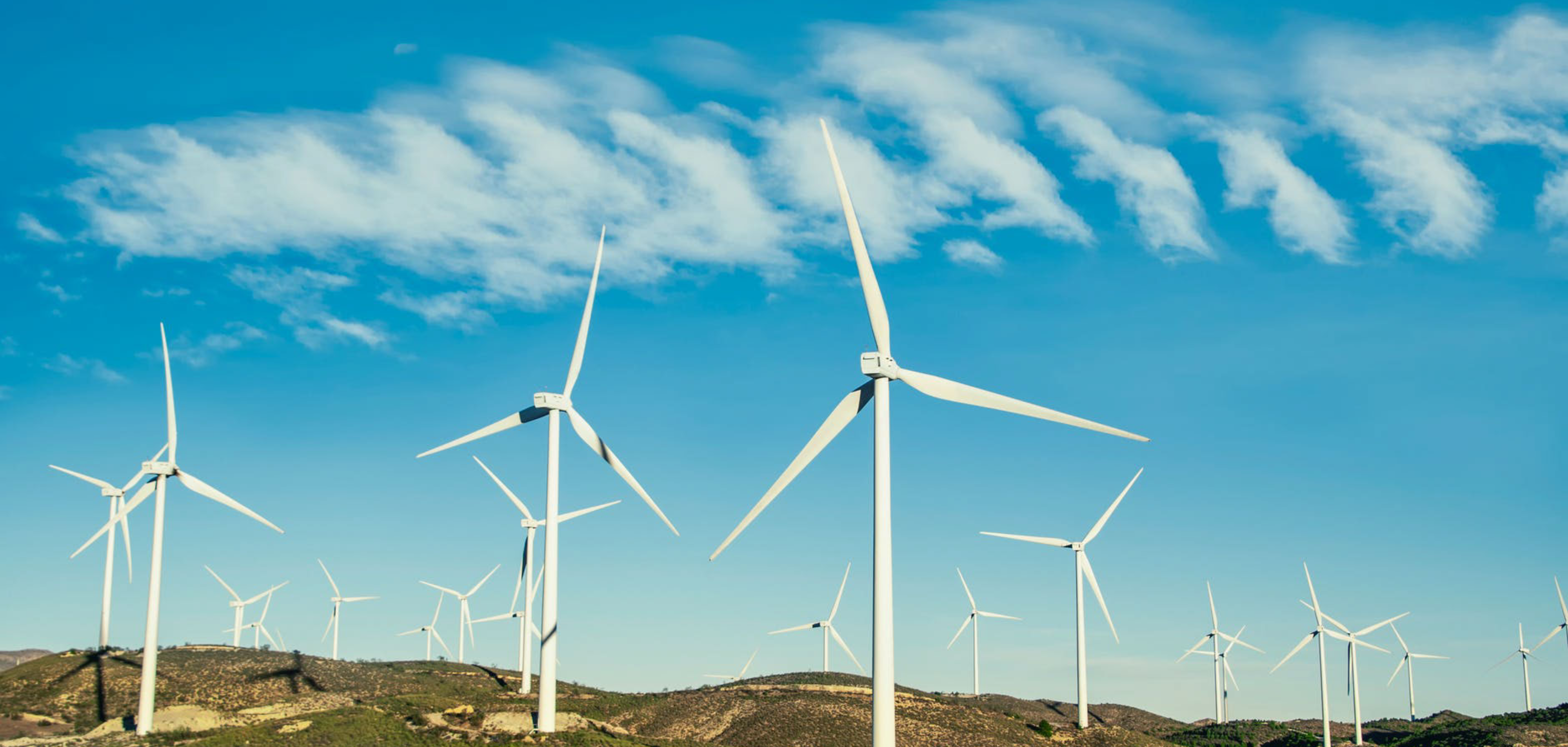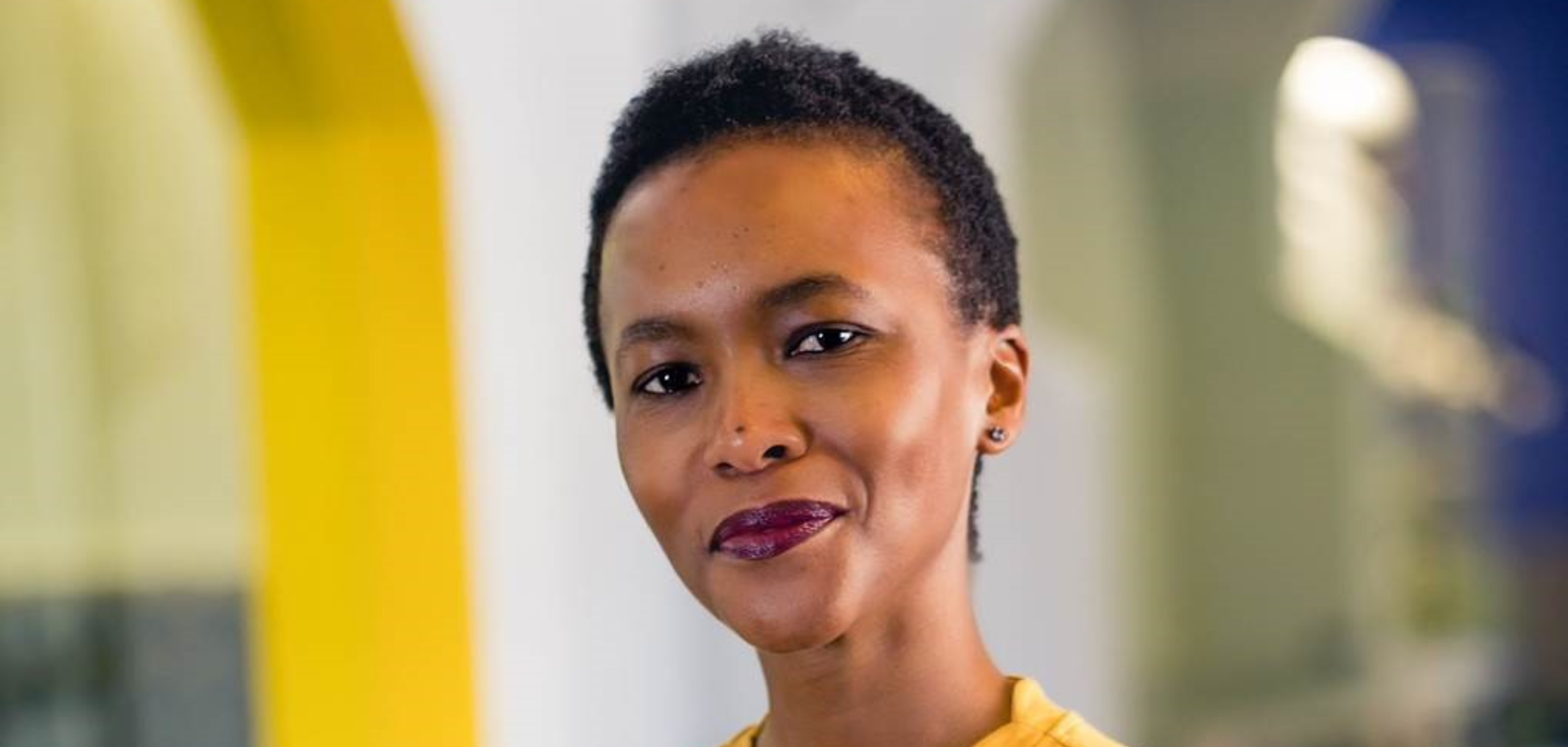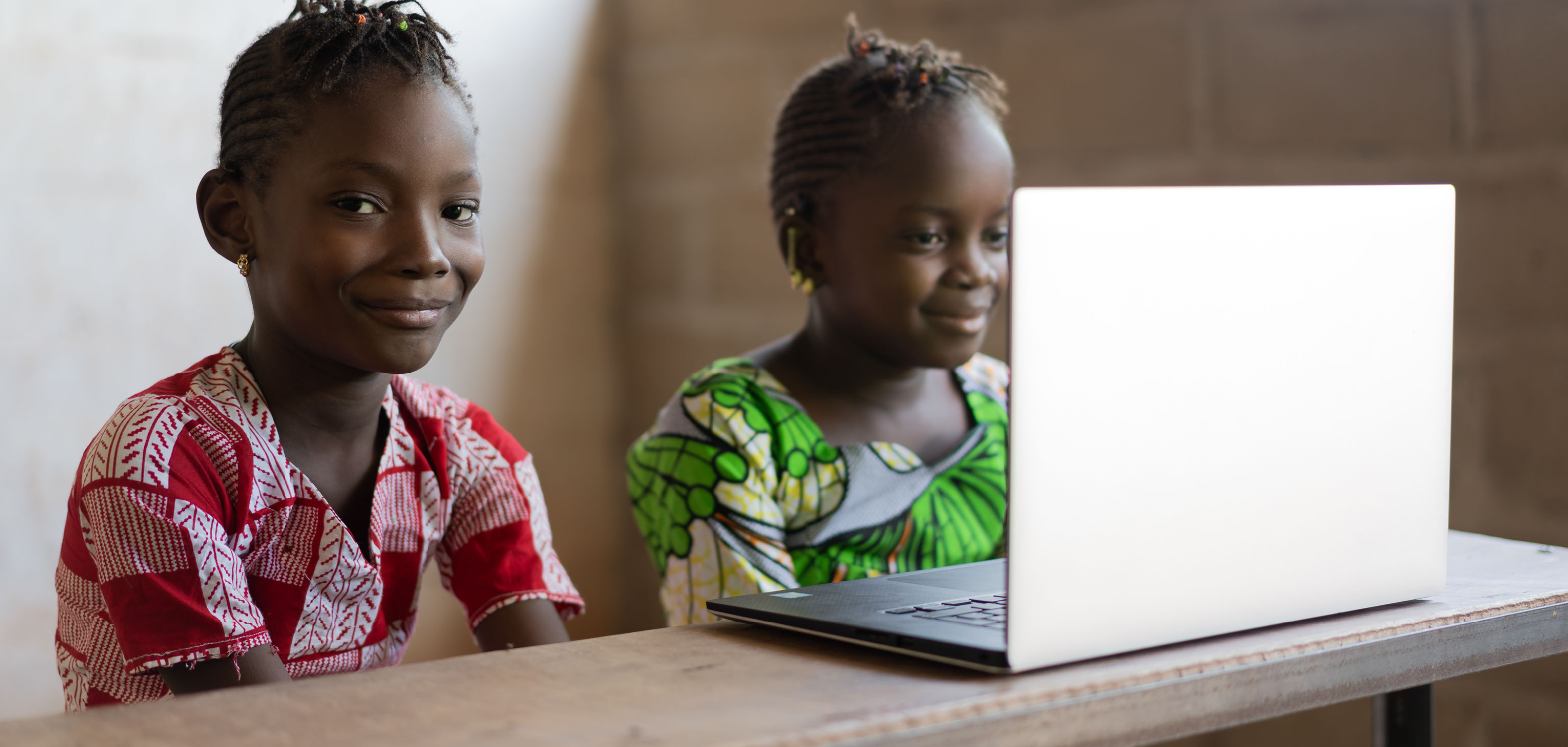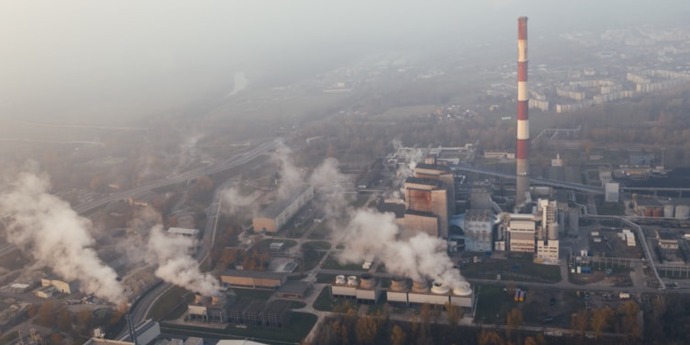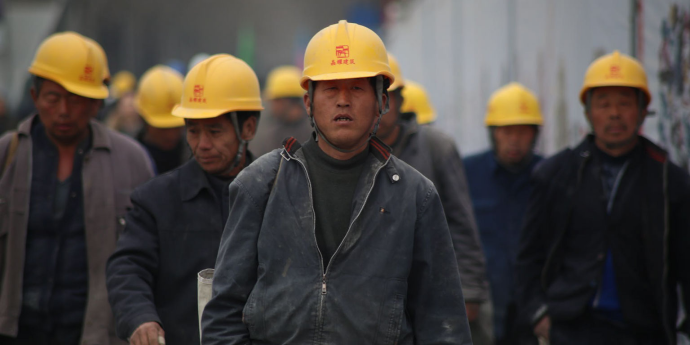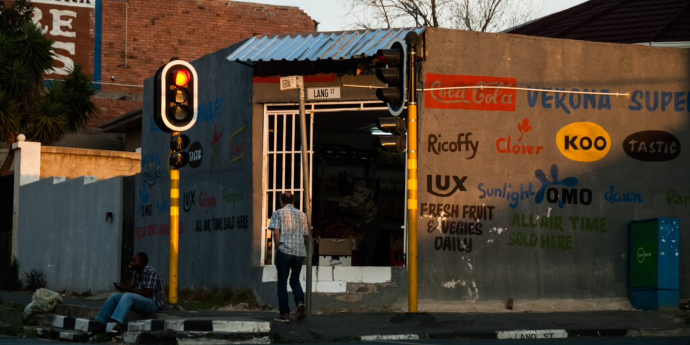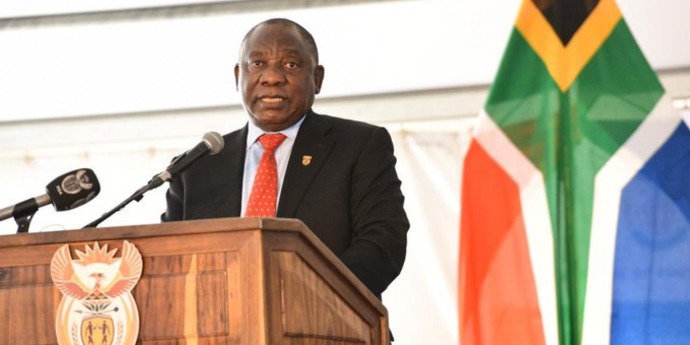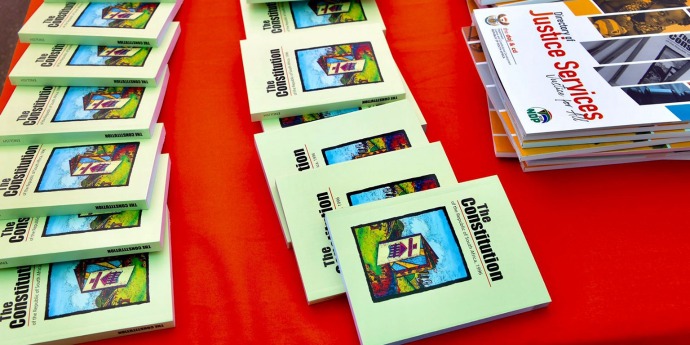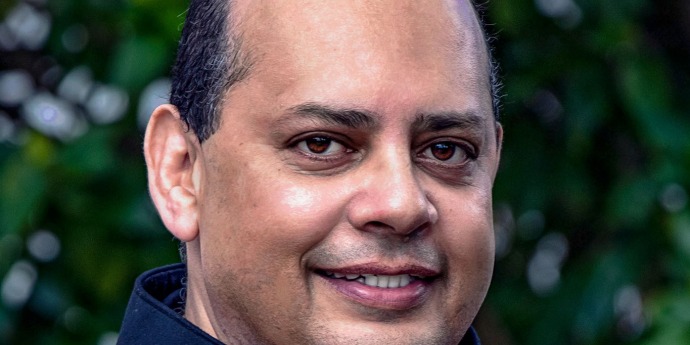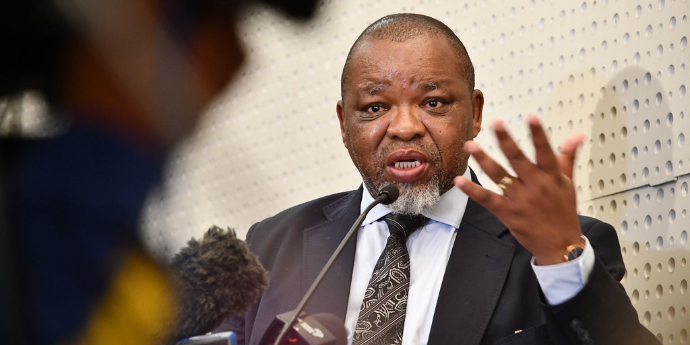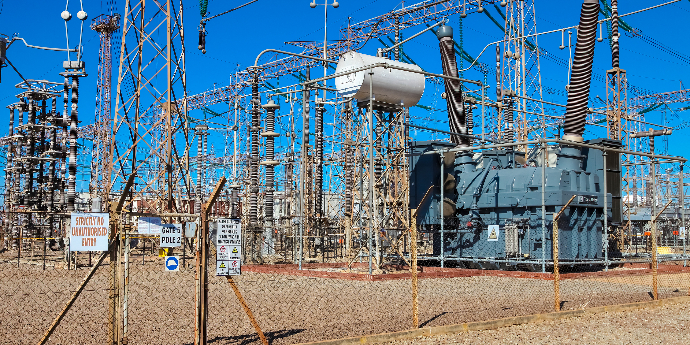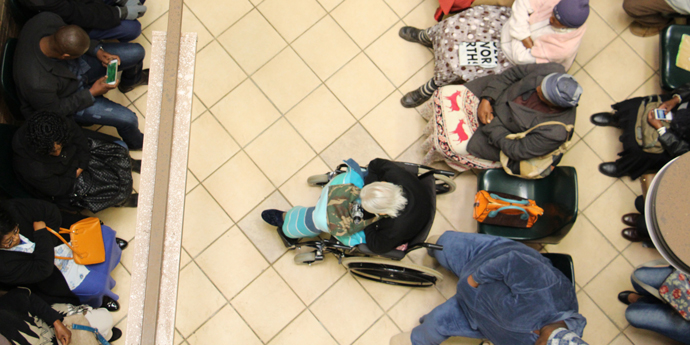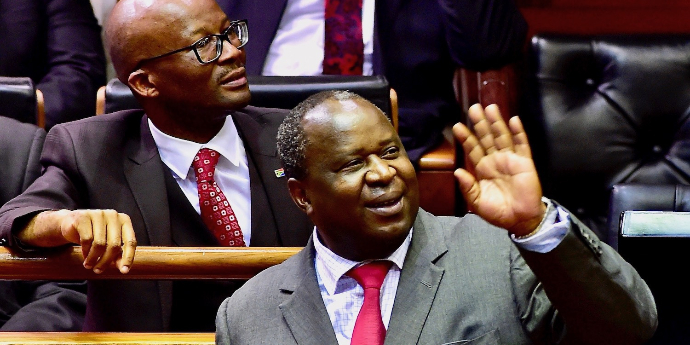A trillian rand needs to be invested in new power in South Africa over the next decade in order to restore energy security. Opening up the electricity sector to massive flows of private investment in generation capacity is now our only option, but key enabling reforms still have to be enacted.
Regular power cuts in 2018, 2019, 2020, and this year, are indicative not only of Eskom’s poor performance, but also of the need for more power. We don’t have a large enough reserve margin. And between now and 2030, according to South Africa’s official IRP electricity plan, 11 000 MW of coal plant will have to be decommissioned. It’s too difficult and expensive to keep old kit going. The average age of Eskom’s coal fleet is close to 40 years. Despite renewed maintenance efforts, the declining trend in the availability of Eskom’s coal power stations is inexorable.
The IRP indicates that 33 000 MW of new generation capacity has to be added by 2030, most of it from solar and wind energy, complemented by gas and storage.
Eskom is unable to finance and build these new power stations. With debt close to half a trillion rand, no financial institution will provide Eskom with new loans for new power.
Its debt repayments this year on principal and interest amount to R94 billion. Eskom generates less than half the cash it needs to service this debt. It is technically insolvent and survives through government bailouts: R56 billion this year, R31.7 billion next, a total of R220 billion since 2008.
Government is also over-indebted and fiscally constrained. National debt has exploded and will reach 89 per cent of GDP by 2025/6. Government’s interest bill amounts to a fifth of gross tax revenue, crowding out much needed additional support for health, education and poverty alleviation.
That leaves the private sector as the only source of finance for new power.
Fortunately, South Africa already has a successful template for attracting private investment into power. The Renewable Energy Independent Power Producer Procurement Programme (REI4P) ran four large auctions between 2011 and 2014, attracting more than R200 billion into more than 100 projects amounting to 6400 MW of new capacity. Uniquely, the REI4P also resulted in significant social and economic benefits through black economic empowerment, jobs and community development projects, all carefully documented by the Department of Mineral Resources and Energy’s IPP Office.
Despite prices dropping around 80 per cent for solar PV, and 50 per cent for wind energy, the programme stalled under the Zuma administration when Eskom refused to sign power purchase agreements with winning bidders. A four year hiatus ended when President Ramaphosa came to power, but his energy minister has been painfully slow in getting the fifth REI4P auction going.
The minister, instead, has chosen to focus on a so-called emergency procurement of 2000MW. He hoped to have projects on the ground within months, but timelines have stretched to years. Winning bids have yet to be announced. Not a single contract for new power has been signed in the two years he has held the energy portfolio.
The minister has also announced his determination to procure 2500MW of nuclear power, despite this technology not featuring in any of South Africa’s least cost IRP scenarios; it has always been forced in as a “policy adjustment”. The CSIR has calculated that for nuclear to break even with cheaper alternatives, investment costs would need to be lower than R3400/kW. Nuclear bids received by Eskom in 2007 were double this value, and nuclear costs globally have increased since then.
The National Energy Regulator of South Arica (NERSA) is required in law to concur with this section 34 determination. NERSA held public hearings this past week. They were revealing of the political-economy of power in South Africa and how different interest groups, with varying degrees of access to power, employing networks, knowledge and ideology, seek to influence policy and investment decisions. And behind these processes is the fact that large, centralized nuclear procurements, with non-transparent government to government deals, lend themselves to rent-seeking, which, in contrast, is much more difficult in multiple, small, incremental, distributed, highly competitive renewable energy projects.
NERSA members repeatedly said their decisions would be evidence-based, but they seemed unswayed by either the IRP or the scientific, peer-reviewed evidence presented by the CSIR, Meridian Economics and others. They asked repeatedly, why Eskom spends billions on IPPs which appear to produce so little, ignoring that IPPs are only five per cent of supply and that these costs include expensive diesel peakers, procured with limited competition, and solar, procured ten years ago. Investment decisions for the next megawatt need to be informed by current market prices. They also seemed unconvinced that renewable energy, coupled with gas and storage, can power an industrialized economy reliably.
Seven NERSA Board members now hold the balance of power around South Africa’s nuclear future. Should they demur, the minister will not be able to proceed with a procurement. If they concur, their decision will almost certainly be challenged in the courts as being irrational and not in the public interest.
Innovation in energy technologies and institutional and business models are disrupting power markets. To succeed, South Africa needs to embrace these innovations. Thousands of megawatts of solar and wind energy, and utility-scale battery storage, need to be procured every year going forward. The private sector has shown they are ready. Large industrial and mining power users are enthusiastic. There are no costs for the state or taxpayers. Regular procurements will also stimulate local manufacturing and job creation.
President Ramaphosa has acknowledged that all our energy eggs have been in Eskom’s basket and if they fall the economy breaks. Diversifying our power sector is no longer a choice, it’s an imperative, not only through utility-scale REI4P auctions but also in distributed energy generation. We need to abolish Kafkaesque licence requirement for small and medium sized power projects, freeing consumers to invest in their own power solutions or to contract private providers directly. The grid also has to be unbundled from Eskom, creating a fair and a transparent platform for competitive, least-cost procurement and delivery of power.
The President has committed government to these reforms. But the responsible ministers are not out front leading. There has been not a word from Minister Mantashe since Ramaphosa said licensing exemptions would be extended to projects up to 50 MW. Minister Gordhan rarely talks about Eskom restructuring and no hard deadline has been set for the second stage of taking the Independent Transmission System and Market Operator subsidiary company completely out of Eskom as a separate state-owned entity. Where is the legislation that will enable this? Why is he sitting on a radical paper by Eskom that proposes solutions to South Africa’s power crisis?
The president relies on these ministers politically, but they appear to be less than enthusiastic supporters of a reform agenda that could free up a trillion in private investment. They seem lost in an ideological fog that prevents them seeing the problem clearly or responding with the purpose and leadership South Africa so desperately needs. They hope Eskom can still be a key instrument in the developmental state, when plainly it is not, with power cuts crippling our economy and bailouts draining the fiscus. Even the CEO of Eskom now admits publicly that the utility cannot resolve South Africa’s power shortages on its own and that we need to accelerate private investment.
All eyes are now on these ministers. Will they continue to believe the state should dominate and control the power sector in South Africa or will they be willing to free up space for competition and private investment. The choices are between darkness or light, fruitless protection of an insolvent, dominant incumbent, or democratization of energy. I’m pretty sure what the majority of South Africans would vote for.
Anton Eberhard holds the posts of Professor Emeritus and Senior Scholar at the Power Futures Lab at the University of Cape Town’s Graduate School of Business

